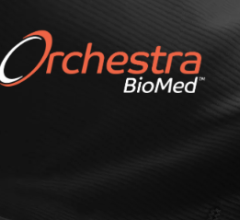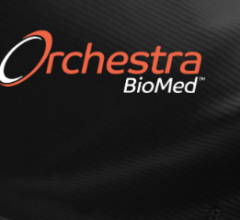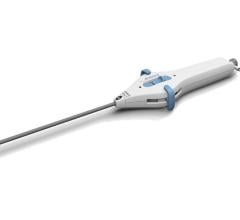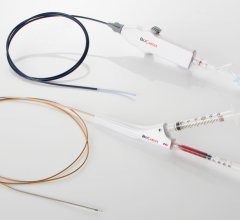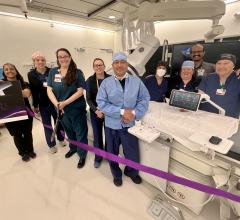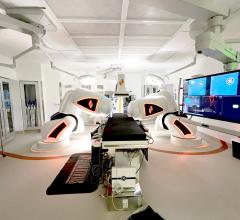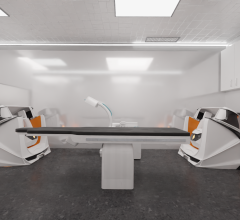
May 21, 2015 — Medtronic plc announced that its Tyrx Antibacterial Envelope reduces major cardiac device site infections by 80 percent up to 12 months after implantation. These data were presented at Heart Rhythm 2015, the Heart Rhythm Society’s 36th annual scientific sessions in Boston.
The Citadel/Centurion clinical trials are the first prospective, multicenter studies to evaluate the impact of the Tyrx Antibacterial Envelope on cardiac implantable electronic device (CIED) major infections and mechanical complication rates following implantation in high-risk patients. The results show a low rate of surgical site infection at 12 months (0.44 percent) in the 1,129 patients who received the envelope compared with a control group of similar patients reported in previously published literature who did not receive an envelope (2.2 percent; p=0.0023).
CIED infections are associated with substantial morbidity, mortality and cost, and are increasing in frequency. The average cost of a CIED infection in the United States is estimated at $54,926.
“Clinical studies show that the use of the Tyrx Envelope is associated with a significant reduction in implant-related cardiac device site infections,” said Charles A. Henrikson, M.D., MPH, FHRS, chief of electrophysiology at Oregon Health & Science University in Portland. “These new findings reveal that the Tyrx Envelope decreases the rate of infections that can occur within the first year after implantation. This is very good news for patients, especially given the associated mortality and costs tied to CIED infection.”
The Citadel/Centurion clinical trials enrolled 1,129 patients at 55 centers in the United States. Study participants were at high risk for infection because they were undergoing a CIED replacement procedure with either an implantable cardioverter-defibrillator (ICD) (Citadel) or a cardiac resynchronization therapy (CRT) device (Centurion). Primary endpoints were major CIED infection (involving any site other than skin or subcutaneous tissue of the incision, or endocarditis) and CIED mechanical complication over 12 months of follow-up. The frequency of CIED mechanical complications in patients implanted with the TYRX Envelope was low.
Additionally at Heart Rhythm 2015, researchers at Vanderbilt University Medical Center independently reported that the Tyrx Absorbable Antibacterial Envelope was associated with a very low incidence of CIED-related infection in a high-risk population, comparable to that seen with the original non-absorbable Tyrx Antibacterial Envelope.
“Our study is the first-of-its-kind, comparing the incidence of major cardiac device-related infection in high-risk patients who, during implantation, received either the Tyrx Absorbable Envelope or the non-absorbable envelope, with a control group of patients who did not receive a Tyrx envelope,” said Christopher R. Ellis, M.D., FHRS, FACC, principal investigator of the study and assistant professor of medicine at Vanderbilt University Medical Center. “After a minimum of three months, results showed only one reported infection in the 488 patients who received either the original or newer, absorbable Tyrx envelope, compared with 20 infections in the control group of 638 patients. Additionally, it was encouraging to find no difference in infection rates between the original Tyrx envelope and the newer, fully absorbable version.”
The Tyrx Antibacterial Envelope is a mesh envelope that holds an implantable cardiac device and is designed to stabilize the device after implantation while releasing two antimicrobial agents, minocycline and rifampin, over a minimum of seven days to help reduce surgical-site infections.
The Tyrx Absorbable Antibacterial Envelope is fully absorbed by the body approximately nine weeks after implantation. Both Tyrx envelopes are U.S. Food and Drug Administration (FDA)-cleared and have received CE Mark and are available in the United States and Europe.
For more information: www.medtronic.com


 January 29, 2026
January 29, 2026 
